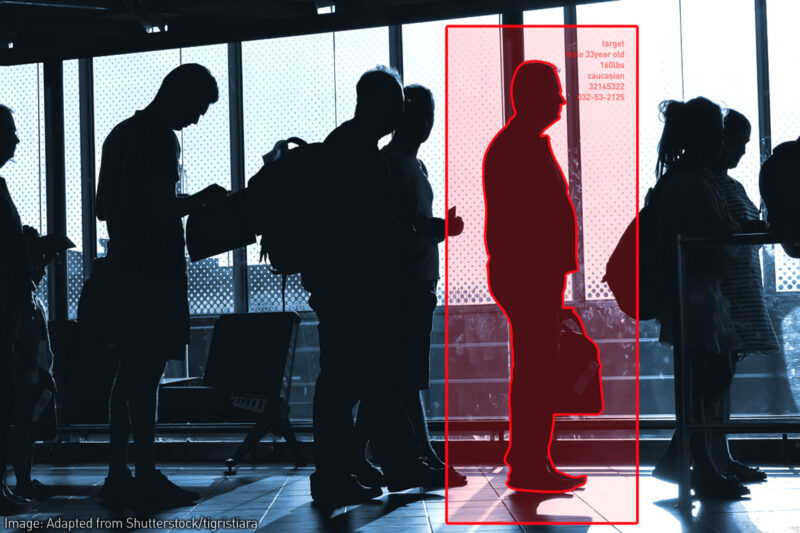Until the No Fly List Is Fixed, It Shouldn’t Be Used to Restrict People’s Freedoms


UPDATE 6/22/16: Following the Orlando shooting, there have been new proposals in Congress to bar people on watchlists from buying guns — you can read our latest response to those here.
The No Fly List is in the news this week, just in time for the ACLU’s argument in federal court on Wednesday in its five-year-long challenge to the list’s redress process.
Last night, in response to last week’s tragic attack in San Bernardino, California, President Obama urged Congress to ensure that people on the No Fly List be prohibited from purchasing guns. Last week, Republicans in Congress defeated a proposal that would have done just that. "I think it’s very important to remember people have due process rights in this country, and we can’t have some government official just arbitrarily put them on a list," House Speaker Paul Ryan said.
There is no constitutional bar to reasonable regulation of guns, and the No Fly List could serve as one tool for it, but only with major reform. As we will argue to a federal district court in Oregon this Wednesday, the standards for inclusion on the No Fly List are unconstitutionally vague, and innocent people are blacklisted without a fair process to correct government error. Our lawsuit seeks a meaningful opportunity for our clients to challenge their placement on the No Fly List because it is so error-prone and the consequences for their lives have been devastating.
Over the years since we filed our suit — and in response to it — the government has made some reforms, but they are not enough.
We filed the suit in June 2010 on behalf of 10 U.S. citizens and permanent residents who the government banned from flying to or from the U.S. or over American airspace. (Three more people later joined the suit.) Our clients, among them four U.S. military veterans, were never told why they were on the list or given a reasonable opportunity to get off it. Some were stranded abroad, unable to come home. As one response to our lawsuit, the government began to allow Americans to fly home on a “one-time waiver,” with stringent security precautions.
Separately, the government made two basic arguments in its defense of the No Fly List, both of which the court rejected. First, it argued that U.S. persons had no constitutionally protected right to fly. In August 2013, the court disagreed, holding that constitutional rights are at stake when the government stigmatizes Americans as suspected terrorists and bans them from international travel.
Second, the government asserted that national security concerns meant the government couldn’t confirm or deny whether people were on the No Fly List, and it couldn’t give them reasons or a hearing before a neutral decision-maker. This is absurd as a practical matter and violates due process as a constitutional matter. Practically speaking, people know they are on the No Fly List when they are banned from flying and surrounded — and stigmatized — by security officials publicly at airports. Some of our clients were told they would be taken off the list if they agreed to become government informants. Again, the court agreed with us and held that the government’s refusal to provide any notice or a hearing violates the Constitution. As a result, the government announced in April that it would tell U.S. citizens and lawful permanent residents whether they are on the No Fly List, and possibly offer reasons.
Unfortunately, the government’s new redress process still falls far short of constitutional requirements. In our case, it refuses to provide meaningful notice of the reasons our clients are blacklisted, the basis for those reasons, and a hearing before a neutral decision-maker. Much as before, our clients are left to guess at the government’s case and can’t clear their names. That’s unconstitutional.
There’s another important aspect to the government’s case at this stage. The government has emphasized that it is making that people like our clients — who have never been charged let alone convicted of a crime — might nevertheless pose a threat. That’s a perilous thing for it to do. As we’ve told the court based on evidence from experts, these kinds of predictions guarantee a high risk of error. If the government is going to predict that Americans pose a threat and blacklist them, that’s even more reason for the fundamental safeguards we seek.
We disagree with Speaker Ryan about many things. But he’s right that people in this country have due process rights. We want to see them respected.

